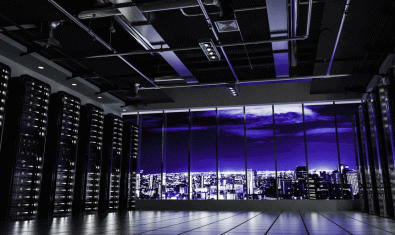IT Asset Disposition and The Green Data Centre

Pressure is mounting on data centres to ‘go green’ in order to reduce their carbon footprint, explains Sean Sheehan, Wisetek CEO.
A few years ago there was a study which tried to estimate the carbon footprint of doing a single Google search. While it made the headlines, it was generally dismissed as being too alarmist and not scientific. Also, while we don’t mind walking to work to help save the planet, the idea of giving up Google was a little absurd.
Since then, energy rating has become a hot topic, not just for home appliances and PCs, but for data centres too. As people increase the number of devices they have, the advent of the Internet of Things (IoT), and as businesses move to the cloud, the data centres boom is being fuelled, in general, by old-fashioned coal.





